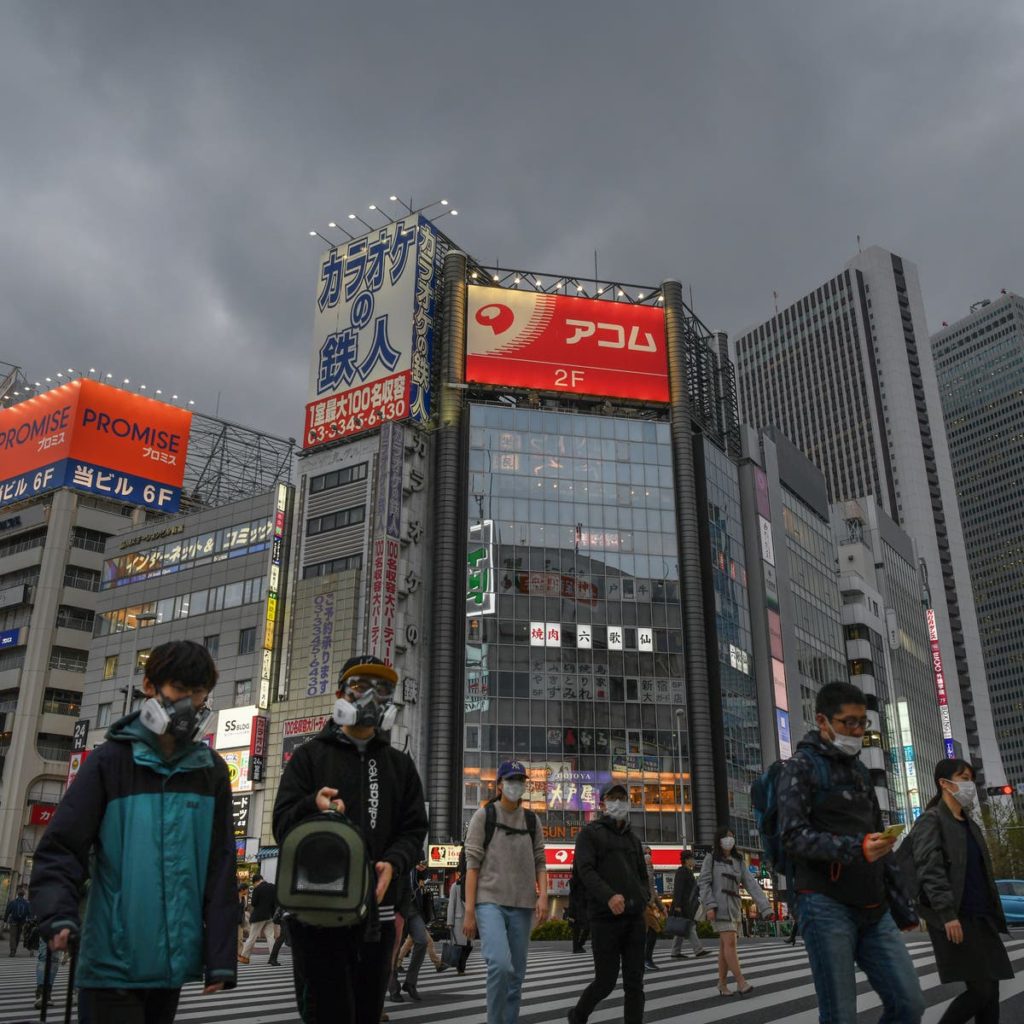Japan has fallen into a recession for the first time since 2015, as its already weakened economy was dragged down by the coronavirus’s impact on businesses at home and abroad.
The country — whose economy is the world’s third-largest after that of the United States and China — shrank by an annualized rate of 3.4 percent in the first three months of the year, Japan’s government said on Monday.
That makes it the largest economy to officially enter a recession, often defined as two consecutive quarters of negative growth. Other major economies around the world are set to follow as efforts to contain the outbreak ripple around the globe.
Businesses had already been staggering before the coronavirus hit.
Consumer spending dropped after the Japanese government in October increased a tax on consumption to 10 percent from 8 percent, a move that Prime Minister Shinzo Abe’s administration said would help pay down the national debt — the highest among developed nations — and fund the growing demand for social services as the country’s workers age.
Days later, a typhoon hit the country’s main island, inflicting enormous damage and further driving down economic activity.
This year, the pandemic crushed Japan’s exports, forced it to postpone the Olympics and then put the country on a soft lockdown.
On the health front, the efforts seem to have paid off. The total number of deaths attributed to the outbreak was 756 as of Monday, far lower than in other major developed nations. But each of those decisions has had a profound economic impact.
The New York Times





